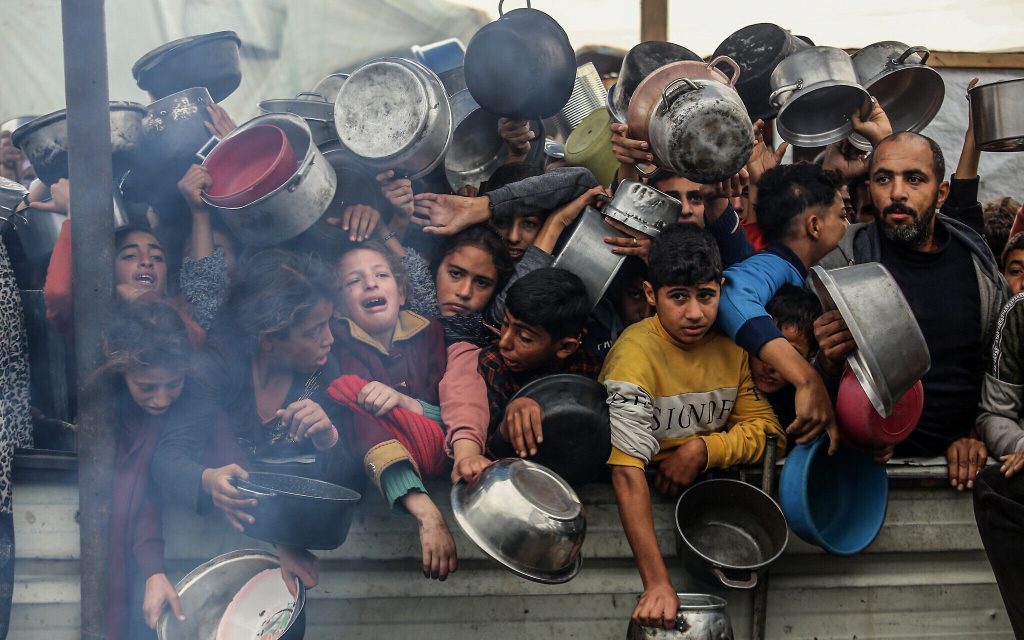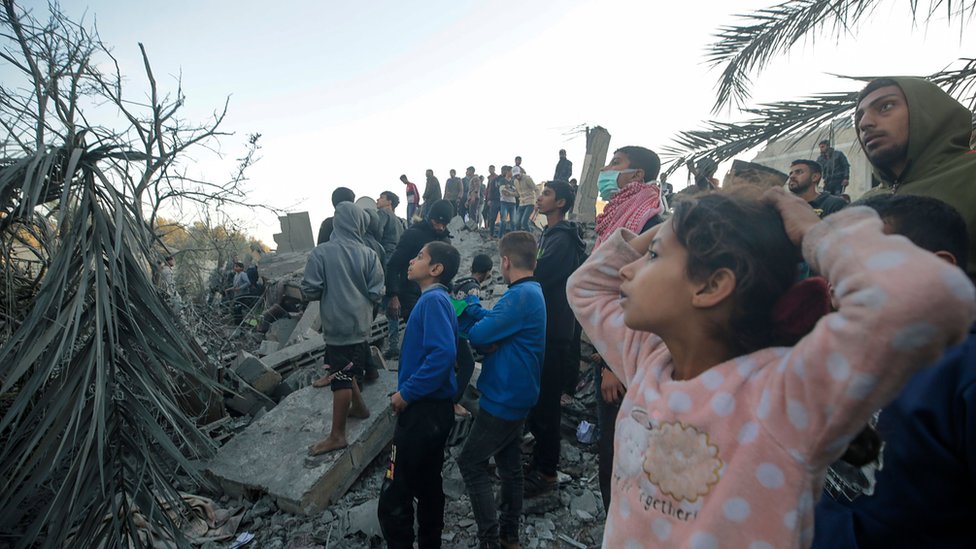The United Nations, on Wednesday, issued a warning alongside its annual humanitarian appeal, seeking $47.4 billion to address urgent global needs in 2025. The situation, according to the UN, has reached a breaking point, with more than 305 million people projected to require emergency assistance next year.
“The world is on fire,” stated Tom Fletcher, the United Nations’ newly appointed humanitarian chief, during a press briefing in Geneva. Fletcher cited the scale of challenges facing humanity, with brutal conflicts in Gaza, Sudan, and Ukraine spiraling out of control, and climate disasters becoming increasingly destructive, the UN describes the current state as a “perfect storm” of suffering.
“We are dealing with a polycrisis right now globally, and it is the most vulnerable people in the world who are paying the price,” Fletcher said.

The increase of the inequality between nations, combined with the catastrophic impacts of war and climate change, has created an unparalleled level of human suffering. This year alone, conflicts and climate disasters have devastated food systems, displaced millions, and overwhelmed fragile communities.
The UN’s appeal for $47.4 billion in 2025 represents a slight decrease from this year’s request of $50 billion. Despite the reduction, the gap between needs and resources remains alarmingly wide. As of November, only 43% of the 2024 appeal had been met, leaving critical programs underfunded.
READ ALSO: Asian Stock Affected Amid Political Crisis in South Korea
The consequences have been devastating:
- Syria: An 80% reduction in food assistance has left millions without basic sustenance.
- Myanmar: Cuts to protection services have endangered vulnerable populations.
- Yemen: Water and sanitation aid has been scaled back, exacerbating the risk of cholera outbreaks.
Fletcher acknowledged the grim reality that even with the requested funds, humanitarian agencies would only be able to reach 189.5 million people in need. That leaves 115 million people—those in desperate circumstances—without help.

As crises intensify, so too does the danger faced by those on the front lines. The UN revealed that 2024 has already become the deadliest year for humanitarian workers, with over 280 killed. The violence and obstruction of aid efforts, particularly in war zones like Gaza, Sudan, and Ukraine, highlight the severe challenges of delivering assistance amid blatant violations of international law.
READ ALSO: Grayscale Proposes Solana Spot ETF to the SEC Amid Growing Interest in Crypto Products
“Wars in Gaza, Sudan, and Ukraine are marked by the ferocity and intensity of the killing, the complete disregard for international law, and the deliberate obstruction of our humanitarian movement’s effort to save lives,” Fletcher lamented.
Even as humanitarian workers battle to address immediate needs, a longer-term threat looms large. Climate-induced disasters—ranging from floods and droughts to hurricanes—are increasingly intersecting with armed conflicts. This deadly combination has compounded suffering, devastated food systems, and displaced millions.

“The dread I have is that those two huge drivers of need are now combining,” Fletcher said, underscoring the urgency of coordinated global action.
The Global Humanitarian Overview for 2025 paints a bleak picture of the challenges ahead, but it also serves as a rallying cry for international solidarity. Fletcher urged governments, private donors, and global institutions to step up their commitments to funding humanitarian aid, emphasizing that the price of inaction is too high to bear.
The UN’s appeal is not just a financial request—it is a moral imperative to support the world’s most vulnerable. With conflicts growing fiercer, climate disasters more frequent, and humanitarian workers under threat, the stakes have never been higher.

Despite the daunting challenges, Fletcher remains hopeful that the global community can rise to the occasion. “The world has the resources to address these needs,” he said, emphasizing that what is required now is the will to act.
The road ahead is fraught with uncertainty, but one thing is clear: humanity’s ability to confront this “polycrisis” will define the years to come. By answering the UN’s call for support, the international community has an opportunity to turn the tide and alleviate the suffering of millions.

